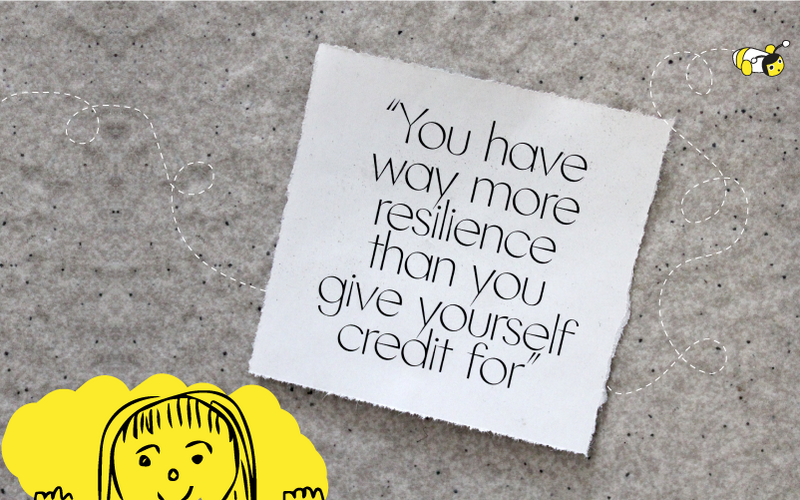For many of us, our resilience is being tested in new ways, and although the country has returned to Alert Level 1 for now, the uncertainty, change and anxiety we have had to deal with over the past several months have brought the importance of mental wellbeing to the forefront.
The evidence is clear; when we are resilient and mentally healthy, we can better cope with everyday challenges, form positive relationships and reach our potential. Furthermore, we are able to withstand and recover more quickly from hardships, trauma and stress. Cultivating resilience is valuable not only for the current circumstances but will serve us well throughout our lives.
Here is my advice – based on what has helped me – for how to stay resilient and look after your mental wellbeing, whatever the challenge you are facing.
Understanding Resilience
Resilience is best described as the capacity to endure and bounce back quickly from difficulties, whether big or small. There are four key types of resilience: mental, emotional, social and physical, and these come about when we face various daily problems, situational challenges and major life struggles.

Mental resilience is about the ability to problem-solve, recognise different perspectives, think flexibly and weigh up alternatives. It helps you get to the root of the issue and identify the steps that will allow you to move forward. Emotional resilience is linked with optimism, perseverance and emotional intelligence, and allows you to see the positives even when the situation looks bleak. Social resilience is driven by connecting with others and building trusting, tolerant and respectful relationships, and physical resilience relates to your body’s capacity to maintain stamina, withstand physical challenges and recover effectively when injured.
Each of these forms of resilience contributes to your overall wellbeing and determine how you respond to different trials in life. But how can you tell if you are resilient? Generally, resilient individuals tend to share several key traits that indicate their mental, emotional, social and physical “bouncebackability.”

Regardless of the specific circumstances, these characteristics enable resilient people to tackle challenges in a practical, healthy way by focusing on solutions rather than problems and avoiding getting bogged down in negative patterns.
Actions to Take When Under Stress
While there are plenty of opportunities to practice resilience in our day-to-day lives, it’s when high-stress situations arise that it becomes truly vital. Remember – there are multiple facets to resilience, so it’s important to take a holistic approach to your wellbeing and actively find ways to care for your physical, emotional, mental and social needs.
Here are some simple ways to maintain your wellbeing and practice resilience when under stress:
-
Remain calm – Stay in the present and try not to get overwhelmed by all the ‘What ifs?”
-
Listen to your body – Pay attention to physical cues such as hunger and fatigue.
-
Accept what is – Recognise the reality of the situation and acknowledge what you can and can’t change.
-
Nourish yourself – Aim to fuel your body with the nutrition it needs, but don’t beat yourself up for your food choices.
-
Build positive relationships – Surround yourself with people who you trust and respect.
-
Have a purpose in life – Find what motivates you to keep going and focus on that rather than present difficulties.
-
Practice your skills – Hone your hard and soft skills so that you’re better equipped to deal with challenges.
-
Exercise regularly – Get outside and find enjoyable ways to move your body and let off steam.
-
Get enough sleep – Make it a priority to get sufficient rest, especially when under stress.
How are you looking after your wellbeing and resilience during this time? I’d love to hear what has helped you get through. And if you want further advice on resilience or are in need of recruitment support, feel free to reach out to me.



.png)

